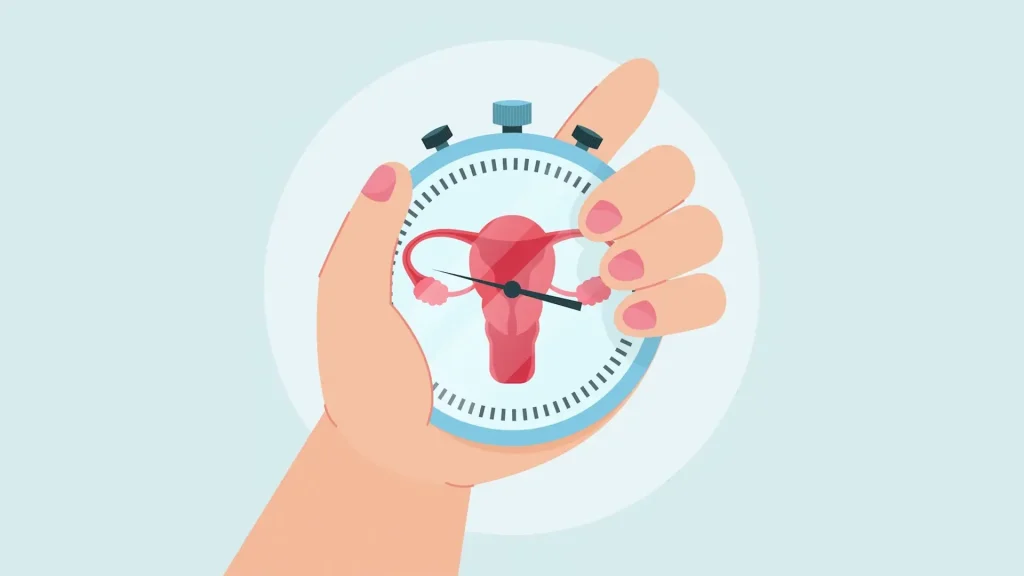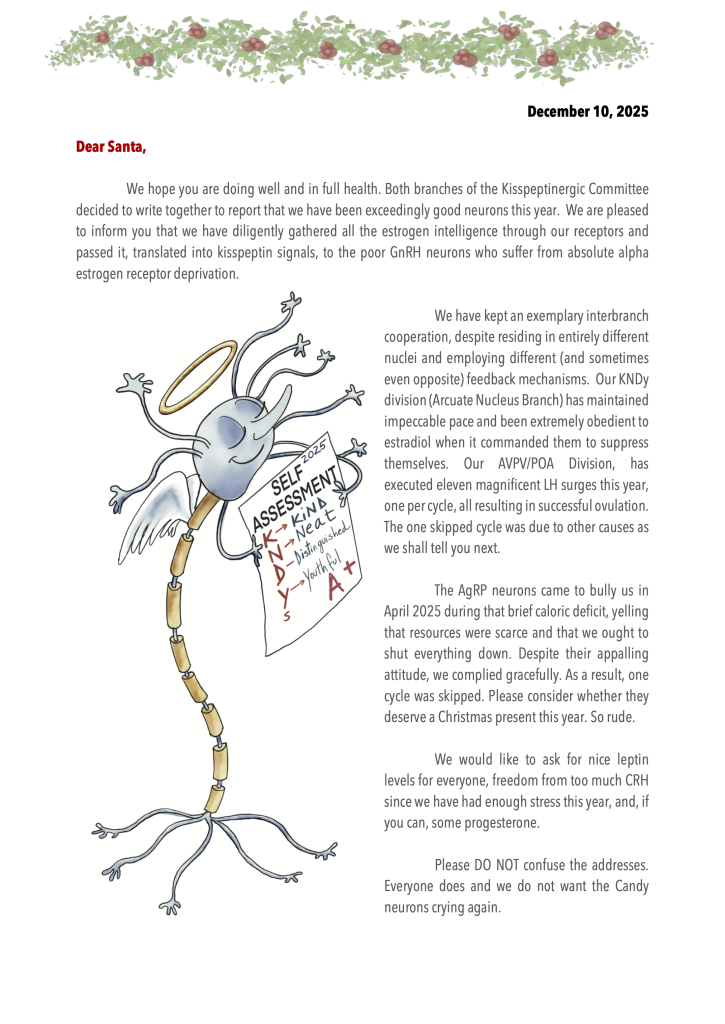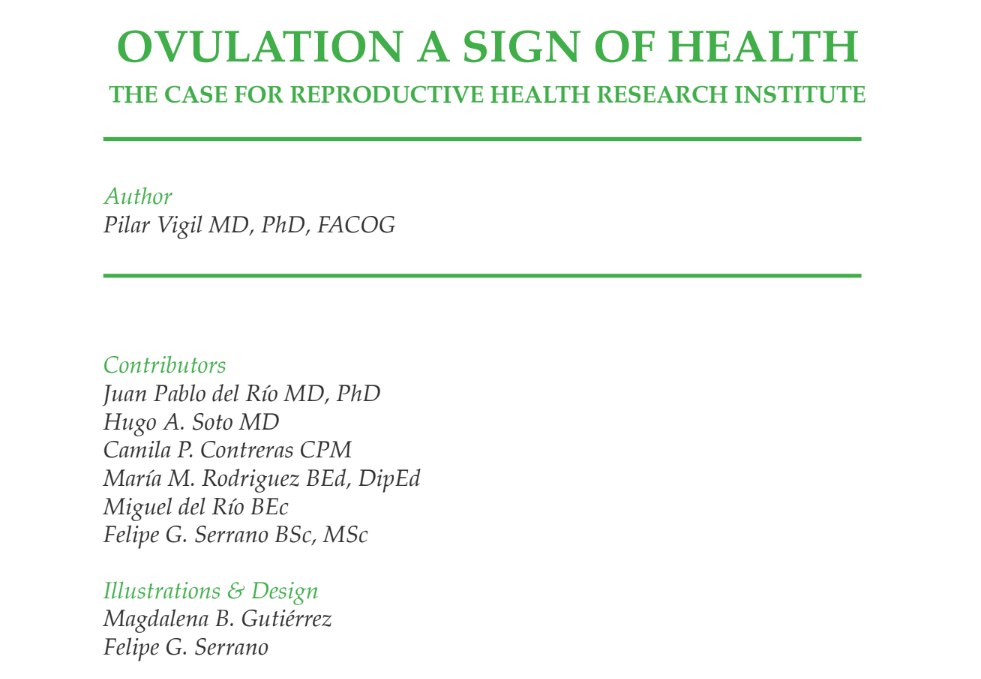I Don’t Need to Monitor My Menstrual Cycle Phases
…unless I’m trying to achieve or avoid pregnancy.
Your menstrual cycle plays a key role in your overall health, not just your fertility. Reproductive hormones such as estrogen and progesterone impact bones, blood clotting, blood sugar, brain cells, sleep, weight, and much more.
Learn the science of hormonal health
An irregular cycle is associated with serious health problems such as coronary heart disease, diabetes, cancer, and depression. So, understanding and monitoring your cycle is important no matter whether you have specific reproductive goals or are just trying to stay healthy.
Painful Menstrual Cycles are Just “Part of Being a Woman”
…and I have to live with them.
Sadly, menstrual cycle phases and women’s pain are often dismissed, even among medical providers, as par for the course. But it’s not normal for your period to be excruciatingly painful, and you can do something about it!
Find a provider and schedule an appointment with telehealth.
Symptoms like painful or irregular periods or excessive bleeding are usually signals of a hormonal imbalance. With the proper health support, it is possible to get to the root cause of that imbalance and treat it.
Hormonal Birth Control is the “Best” Option for Symptoms like PCOS, Acne, or Hirsutism.
While hormonal contraception can alleviate symptoms, it does not address the hormonal issues behind these health problems. What’s more, hormonal birth control throws off a woman’s natural hormonal processes—and can even cause additional problems like insulin resistance.
How hormonal birth control works.
The good news is, if you suffer from one of these conditions, birth control is not your only option.
A FEMM-trained medical provider can work with you using evidence-based, effective, and safe protocols to diagnose the root problem behind your symptoms and provide treatment that helps you achieve true health.
Read more about why you should chart your menstrual cycle.







